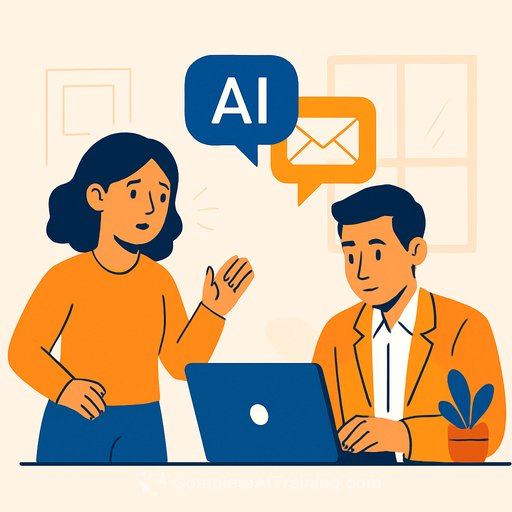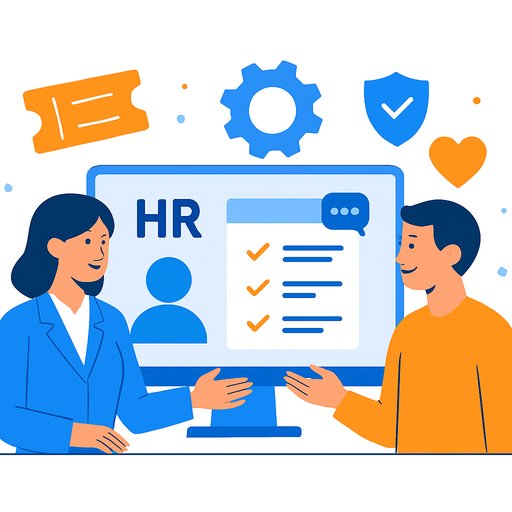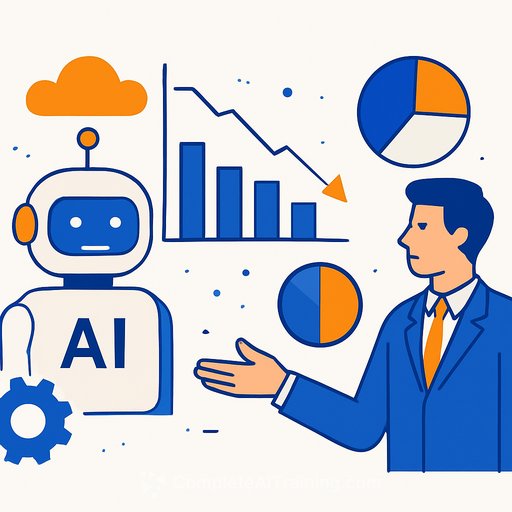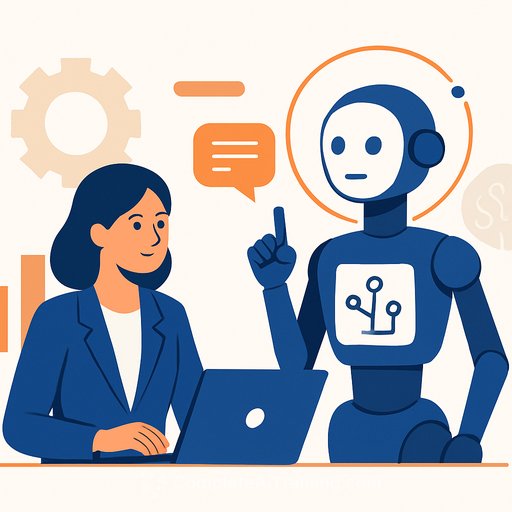Using AI to Write Work Emails? Your Employees May See You as Less Trustworthy
Artificial intelligence (AI) is becoming a common tool in the workplace, with many businesses adopting it to assist in everyday tasks. In the European Union, for example, the use of AI in companies with 10 or more employees jumped from 8% in 2023 to 13.5% in 2024, according to Eurostat. A global survey by Microsoft and LinkedIn also found that 75% of knowledge workers use generative AI at work.
While AI can improve productivity, it may also affect how employees view their supervisors, especially when it comes to writing emails.
What the Study Found
A recent study published in the International Journal of Business Communication surveyed over 1,000 full-time professionals in the U.S. Participants were shown emails written with varying levels of AI assistance—low, medium, and high—and were told the emails were either from themselves or their supervisors.
They then rated the emails based on professionalism, effectiveness, sincerity, and how caring the message appeared.
- AI-assisted emails were generally seen as efficient and professional.
- However, employees judged AI use by supervisors more harshly than their own use.
- When supervisors used high levels of AI, only 40% of employees felt their messages were sincere.
- In contrast, 83% viewed low AI assistance from supervisors as sincere.
This shows that heavy reliance on AI can hurt a supervisor’s perceived trustworthiness.
Context Matters
The study also found that how employees reacted to AI-written emails depended on the purpose of the message.
- Informative emails with AI help were generally accepted.
- Relationship-building or motivational emails generated more skepticism when AI was involved.
Employees expect more authenticity and sincerity in messages meant to build connections or motivate, which AI-generated content may lack.
What HR Professionals Should Take Away
For HR teams and managers, these findings highlight the importance of balancing AI use with genuine communication. Here are some practical tips:
- Use AI tools primarily for proofreading, grammar checks, or drafting straightforward, informative content.
- Avoid heavy AI reliance in messages that require empathy, motivation, or personal connection.
- Be transparent about AI use where appropriate but recognize that admitting to AI assistance might affect trust.
- Focus on maintaining sincerity and professionalism to uphold credibility.
As AI tools become more common, understanding their impact on workplace relationships will help managers communicate more effectively.
For HR professionals interested in learning more about AI applications in the workplace, Complete AI Training offers a range of courses that cover AI tools and best practices.
Your membership also unlocks:






